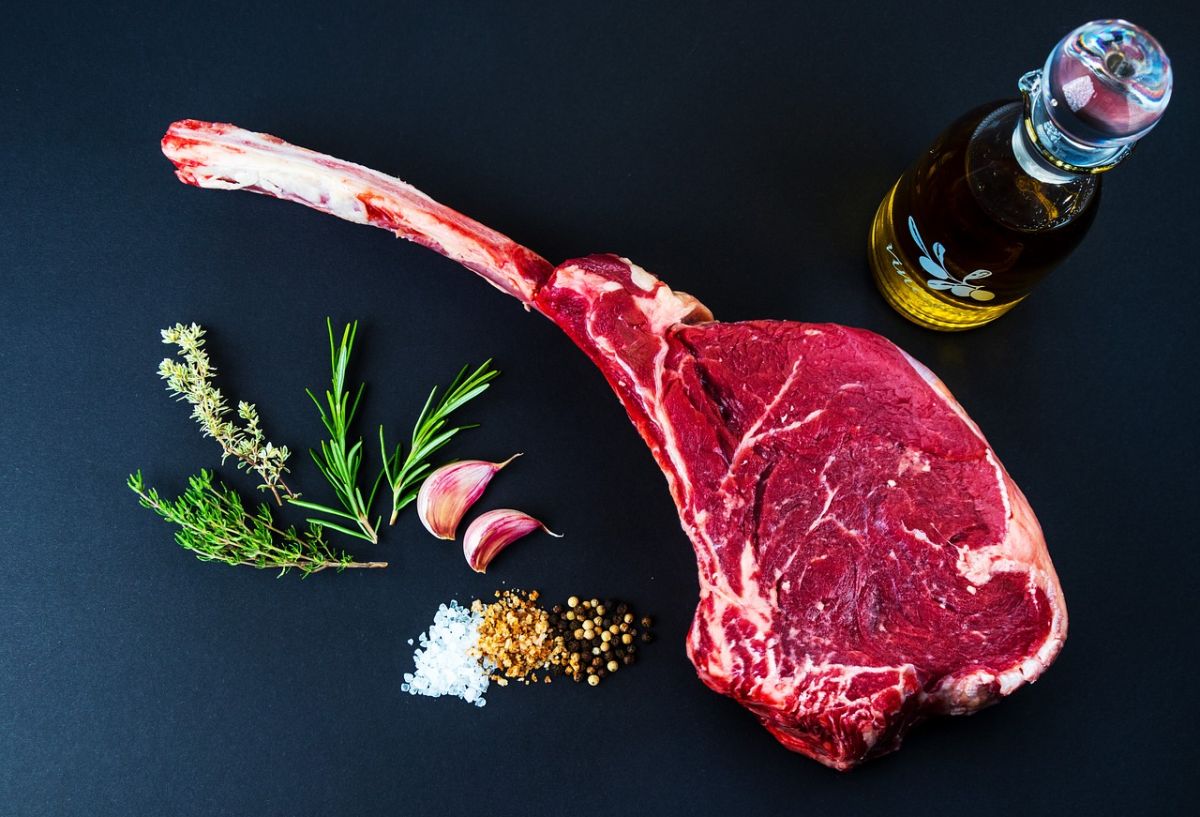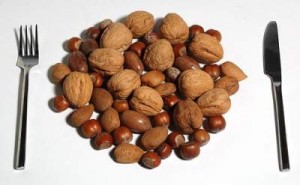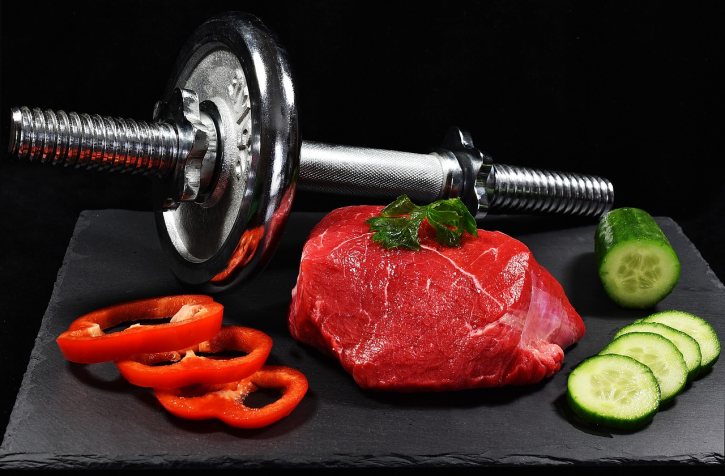The carnivore diet is trending today, with people reporting significant benefits after going on this all-meat diet. However, the question “are the dangers of a carnivore diet serious?” still lingers. To get a clearer picture, you need to understand how this diet works and how risky it is to avoid plant-based foods altogether.

It is a fact that meat makes up an essential part of a healthy diet; however, eating an all-meat diet for long is something else, even if it can prove to work well in the short term.
What Is Meant By a Carnivore Diet?
The carnivore diet is easy to understand because it propagates eliminating all plant-based foods and recommends a diet made up of meat and other animal products (not dairy) and may contain any of the following:
- Red Meat
- Poultry
- Eggs
- Fish
- Bone Broth
- Bone Marrow
Some die-hard fans of the carnivore diet don’t include any dairy products, while some don’t mind including cheese, butter, and cream. A strict carnivore diet does not recommend the consumption of tea and coffee as they are plant-based.
Benefits Claimed
Calorie Restriction
Protein tends to be satiating and gives you a sense of fullness. The brain gets signals that hunger pangs are satisfied, and no more food is required. While people eating plant-based food report feeling hungry at regular intervals, meat-eaters tend to be satisfied with one or two helpings.
Weight Loss
Eating a meat-only diet restricts the intake of calories, which leads to many biological changes. With the drop in calorie intake, insulin concentration in the body gets reduced drastically. This reduction leads to a reduction in insulin-like growth factor 1 (IGF-1). The body reacts by consuming the excess fat built up in the body all along, which is known as Autophagy. Research studies indicate that Autophagy contributes to the degradation of cytosolic proteins, leading to weight loss.
Besides contributing to weight loss, the caloric restriction caused by the carnivore diet helps reduce inflammation and naturally get rid of the symptoms related to the autoimmune disease. These two factors are the driving motivators that draw more people to try the carnivore diet.
Are There Any Risks Associated with the Carnivore Diet?
While you can’t exactly call them dangers of a carnivore diet, the main risks in eating a meat-only diet are the lack of some nutrients and the health risks associated with such deficiencies.
A meat-only diet lacks nutrients like Vitamin C, E, and Calcium.
Lack of Vitamin C affects immune cell function, and collagen synthesis is not stimulated. The body needs the antioxidant functions of Vitamin C to maintain good health.
Without the required Vitamin E levels, there is no way of preventing the oxidation of lipids and lipoproteins.
One possible solution lies in including dairy products, which are rich in calcium. However, some die-hard carnivore diet supporters don’t recommend consuming dairy products as they believe the carnivore diet should be a meat-only diet to ensure the best results.
Summing it Up
While the carnivore diet is not fraught with dangers, it does carry some risks that cannot be ignored. As recommended by most nutritionists, a balanced diet is probably the best solution.



Leave a Reply